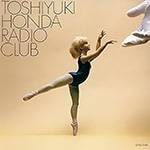There Are Countless Jazzy J-Pop Songs, But…
When I say about 4/4 , I mean 4-beat jazz. Add a walking bass line to that, and you’ve got the foundation of a jazz rhythm.
The 2014 Academy Award-winning film Whiplash is centered around a jazz drummer. The film presents the depth of 4/4 time in a variety of ways. In one scene, a student is learning from a teacher during a drum lesson, and in the background of their conversation, you can see a blackboard that reads: “If you're a loser, play rock.”
It's a small but telling detail that reflects the complexity of jazz and the difficulty of mastering the 4-beat swing.
On the other hand, this isn’t to say that rock is inferior. Compared to jazz, rock music has a lower entry hurdle, making it more accessible and approachable for a wider audience. That’s why it has the advantage of being easier for many people to understand.
In contrast, jazz, while often seen as free and open in terms of expression, is actually a very challenging genre when you try to master it properly. For example, when improvising (ad-libbing), the scale you can use is limited for each measure, depending on the chord progression.
Take this as an example. For a II–V–I chord progression, you are typically limited to playing the Dorian scale over the II chord, the Mixolydian scale over the V chord, and the Ionian scale over the I chord. This alone makes it quite difficult, but on top of that, you also have the complex and hard-to-grasp rhythm of the 4-beat swing.
This is likely one reason why there are so few J-pop songs that incorporate 4-beat jazz rhythms. It's simply too challenging from both a musical and technical perspective.
Why the 4-Beat Rhythm Doesn’t Fit Naturally into J-Pop
Pop music is closely tied to its commercial appeal. No matter how sophisticated or excellent a piece of music is, it only truly matters if people listen to it. Otherwise, it doesn't sell. Rhythms like 8-beat or 16-beat are deeply ingrained in our everyday lives, so we feel no resistance to them.
However, the 4-beat rhythm, unlike rock or pop, isn’t as deeply embedded in our minds or bodies. In fact, 4-beat rhythms can be harder to groove to compared to 8-beat or 16-beat, and the swing feeling makes it harder to add lyrics effectively. On top of that, jazz melodies are often harder to understand and less accessible than pop melodies, which may further explain their limited use in J-Pop.
Yet, despite all these challenges, there are musicians who have boldly embraced jazz and 4-beat rhythms. One such group is Paris Match.
■ Recommended Album: Paris Match — ♭5 (2004)
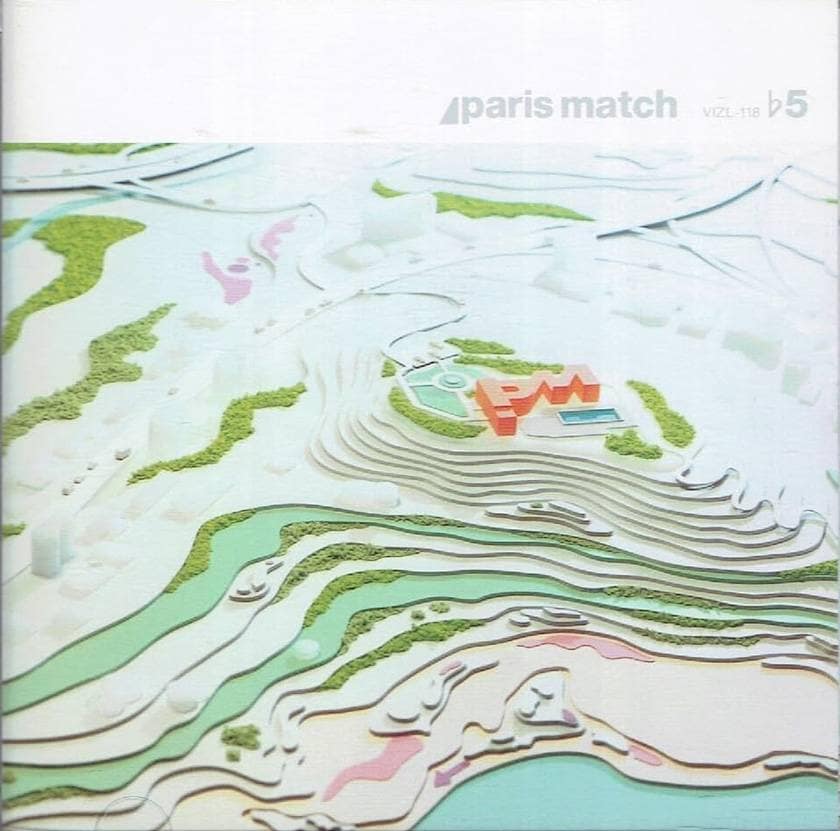
Formed in 1998, Paris Match is a trio consisting of Mari Mizuno (vocals), Daiji Furusawa (lyrics), and Yosuke Sugiyama (composition/arrangement). They made their debut in 2000 under the aosis label, as they were known for promoting music to adult audiences. Riding the rising tide of J-Pop, this was their fifth album.
Back then, while working at a radio station, I picked up this CD from the library since I was attracted by its stylish cover photo and artwork. What came out of the speakers was a refined take on J-Pop that incorporated elements of jazz, bossa nova, and blue-eyed soul. That album was ♭5.
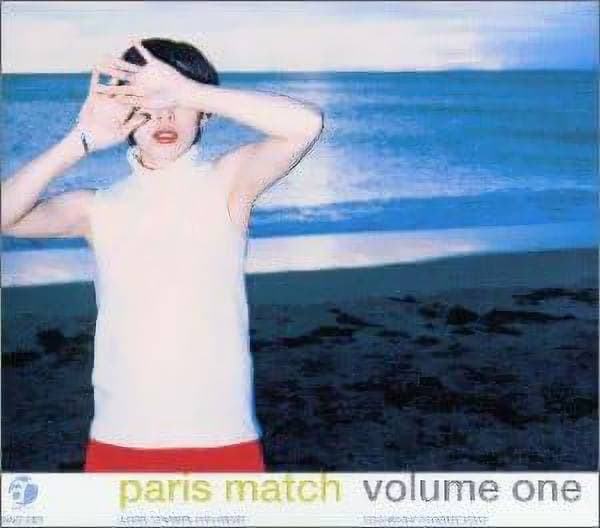
Paris Match — First Album volume one
The track “Kaze no Umareru Basho de” (Where the Wind Is Born) is a masterpiece. Mari Mizuno’s delicate and ephemeral vocals are simply wonderful.
Many other excellent albums have also been released under the aosis label.
When it comes to Paris Match, I was genuinely impressed. Finally, here’s a band that has come out of Japan! I also admired their consistent musical identity that was unshaken by trends. That very stance has earned them lasting support and allowed them to continue their career over the long term.
Their music incorporates stylish sounds and chords layered with complex tension notes from jazz and bossa nova that deliver a sophisticated musical experience.
Then there’s Mari Mizuno, an exceptional vocalist with remarkable expressive ability, whose voice blends seamlessly into the sound, building a unique, one-of-a-kind world that had never quite existed before.
Recommended Track: “Taiyō no Kiss” (Kiss of the Sun)
This song was used in a commercial for a well-known beer company’s chuhai (a Japanese alcoholic drink). Somehow, chuhai, once seen as a drink for older men, suddenly felt stylish. That’s how catchy—and jazzy—this song was.
Until then, Paris Match had made jazzy-sounding songs, but their rhythmic foundation wasn’t truly jazz or 4-beat swing. But this track was a revelation.
The beat is a straightforward 4-beat and the drums are textbook straightforward jazz. The bass walks in classic jazz fashion. And yet, somehow, it’s undeniably pop.
The lyrics sit perfectly within the beat, and the average listener might not even associate it with "jazz". The vibraphone fills are pure jazz, and Mizuno Mari’s scat singing in unison with the vibraphone meshes beautifully with the 4-beat rhythm.
This pop song, “Taiyō no Kiss”, effortlessly transcended the boundaries of complex jazz.
■ Recommended Album: Mizuno Mari – Salon de Mari Platinum Songs
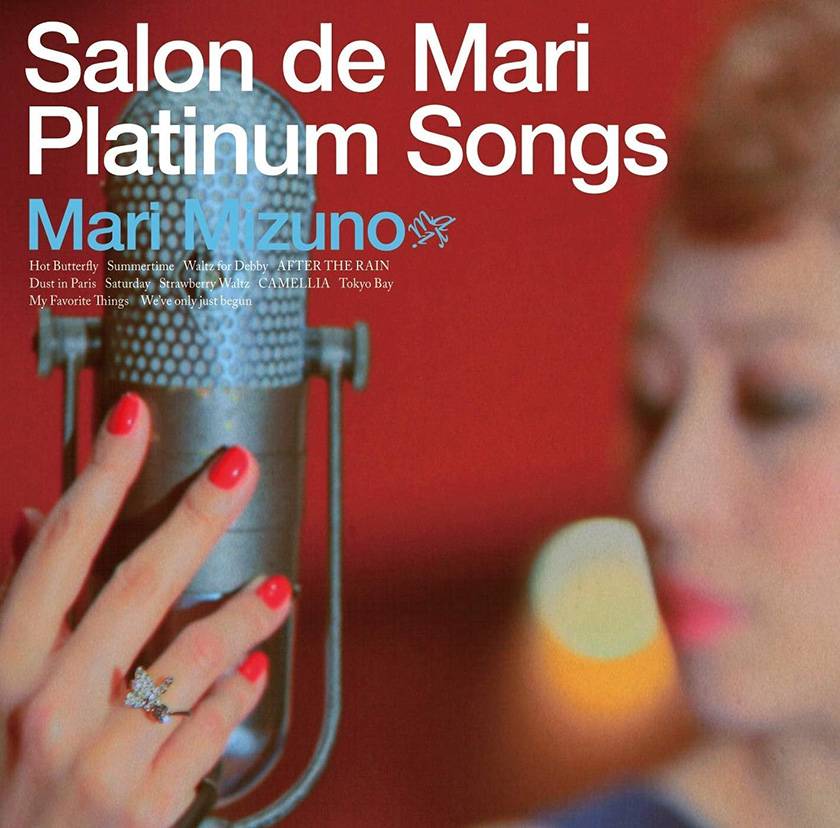
This jazz-themed album was released not as Paris Match, but under Mizuno Mari’s solo name. Driven by the musical sensibilities of Yosuke Sugiyama, the mastermind behind Paris Match, the vocalist, who had been primarily on the pop side, was deliberately and decisively thrown into the realm of jazz.
In this album, a vocalist who stood out in pop music demonstrates remarkable compatibility with jazz. What made this possible is undoubtedly Mizuno Mari’s voice. Her music reaches the listener with a certain persuasiveness and emotional resonance.
Recommended Track: “Saturday”
This hit song “Saturday” takes a bold step closer to jazz, revealing a new dimension.
The drums keep a 4-beat swing, and instead of an electric bass, an upright (wood) bass is played. Interestingly, the bass line follows a 16-beat rhythm rather than a traditional 4-beat walking bass. It does leave one wishing to hear how it might have sounded with a true 4-beat walking bass line.
Recommended Track: “My Favorite Things”
A jazz standard known by all, this piece is performed in a classic piano trio format with piano, bass, and drums as a direct dive into pure jazz.
The musicians featured are professionals in the jazz field, and while Mizuno Mari’s vocal performance stands out, it is Hideaki Hori’s acoustic piano playing that truly steals the spotlight.
Though firmly rooted in jazz, his performance carries a melodic quality that subtly nods to pop sensibilities.
This track is a strategic move, placing Mizuno Mari, who was originally from the pop world, into a setting surrounded by seasoned jazz musicians.
Featured Musicians, Albums, and Recommended Songs
- Artists: Paris Match (Mari Mizuno, Yosuke Sugiyama), Hideaki Hori, and others
- Albums: ♭5, Volume One, Salon de Mari Platinum Songs
- Recommended Songs: “Taiyo no Kiss (Kiss),” “Saturday,” “My Favorite Things”
The “sound & person” column is made up of contributions from you.
For details about contributing, click here.






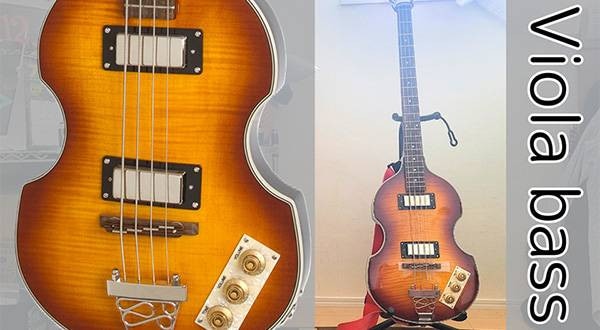
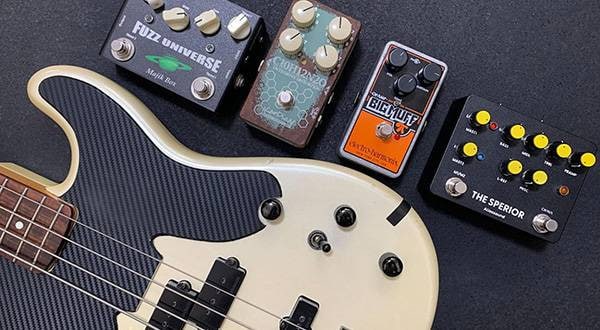
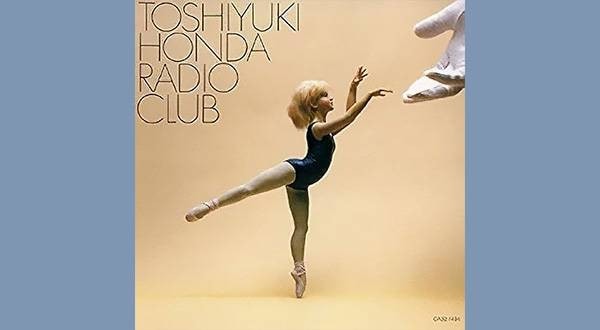
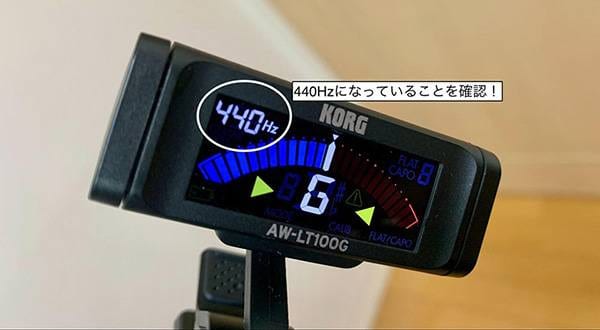
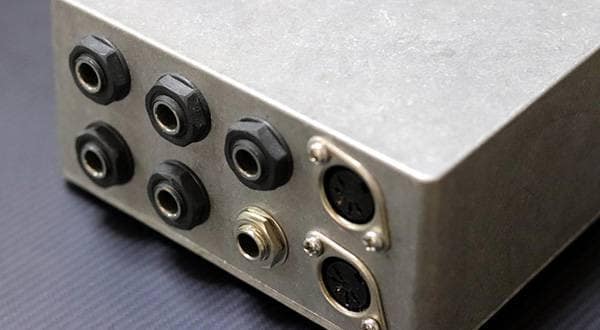
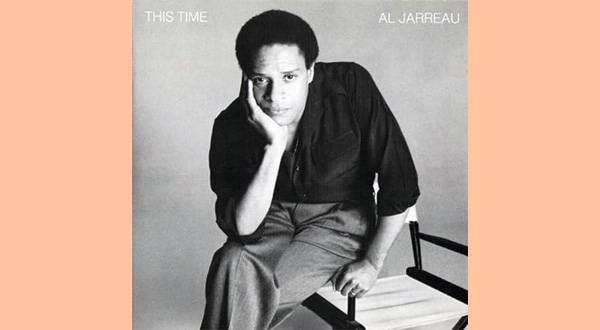


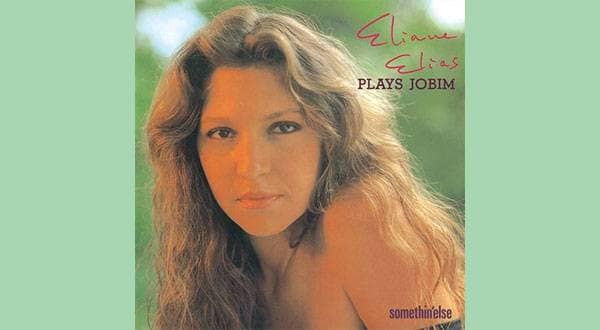
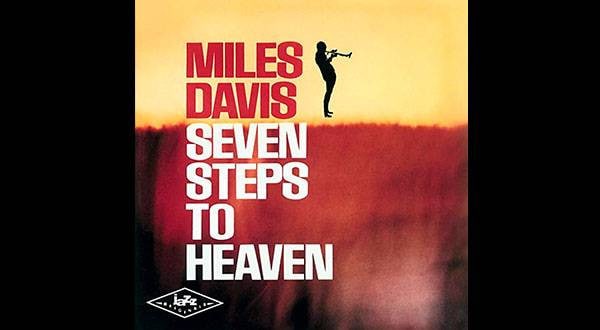
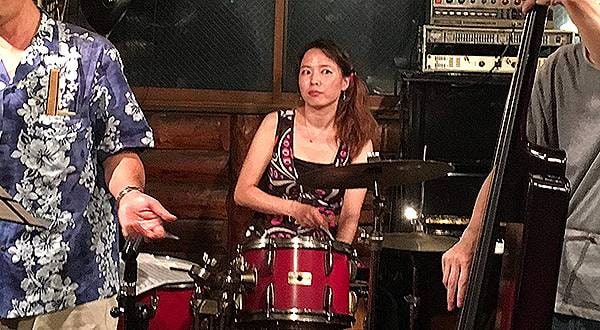
 シンセサイザー 入門ガイド
シンセサイザー 入門ガイド
 ポータブルキーボード 入門ガイド
ポータブルキーボード 入門ガイド
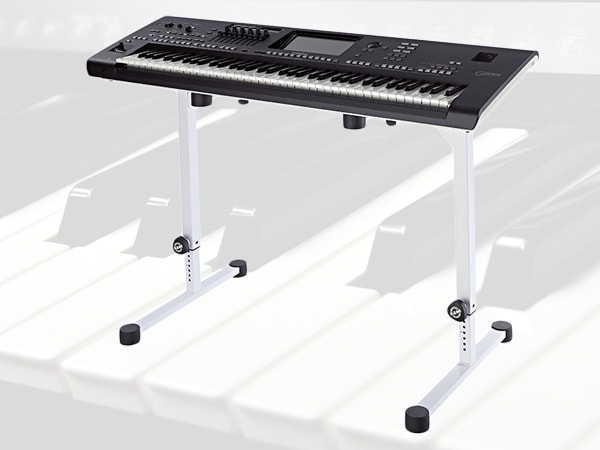 キーボードスタンドの選び方
キーボードスタンドの選び方
 おすすめの電子ピアノ
おすすめの電子ピアノ
 超オススメのフレーズ道場 キーボード
超オススメのフレーズ道場 キーボード
 キーボードスタートガイド
キーボードスタートガイド



